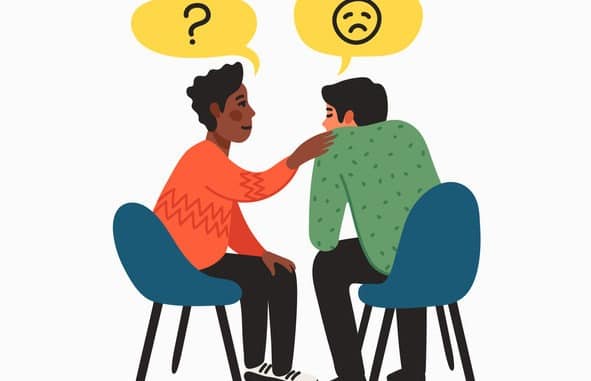
René Carayol on why compassion, not hypocrisy, is the key to getting your team onside
This is an edited version of an article that originally appeared on Management Today
The Prime Minister and Chancellor recently performed yet another, shocking high speed, U-turn, and self-isolated after being pinged by the NHS COVID app (just like the rest of us). What is it with these guys? Why can’t they see this is just selfish, disastrous, hypocritical and self-indulgent behaviour?
They aren’t the only ones battling with the ‘future of work’ dilemma – and losing. For example, Jamie Dimon, chair and chief executive officer of J P Morgan Chase, recently told The Wall Street Journal, “People don’t like commuting, but so what?”
We are seeing the complete range of leadership behaviours around the reopening of society, and it’s usually less to do with the actual challenge of returning to work through an ongoing pandemic, and much more about the ‘house style’ of the leadership.
Interestingly (and maybe instructively), nearly all the men we are working with have been very clear on the outcome they are looking for; they would like all their colleagues back in their place of work. This has been unsolicited, and usually without consultation.
Just like at the start of the pandemic, the women leaders we are working with have behaved remarkably differently. They are immediately more consultative, thoughtful and data-driven.
The return to the office is not about your authority, or how you like to manage people; this is not about whether you feel that more gets done when people are together in the same environment. This is about establishing care and trust for your colleagues who might need quite a bit of help to readjust after the pandemic. Inclusion requires active commitment to everyone, including those who see personal risk differently from you.
As Jane Dutton, co-author of Awakening Compassion at Work and a professor at the University of Michigan’s Ross School of Business says, “For some people, the return to routines and seeing colleagues can be very healing.” But many others just aren’t ready.
Your people need compassion
The great reopening is a huge and vital opportunity to demonstrate to your colleagues that you actually do ‘get’ and understand what we have all been through. This requires empathy, but it may not be enough on its own. Your people need compassion, probably more than you may think is necessary. My good friend Laszlo Bock says “Empathy is saying, ‘I know you’ve had a tough year.’ Compassion is saying, ‘I know you’ve had a tough year – and here’s how we’re going to help.’”
Now more than ever, given everything most people have had to go through, it is essential that leaders are seen to be really putting their colleague’s welfare and wellness first, not finding loopholes like the PM.
Before making any sweeping decisions about returning to work, it might just help to know how your colleagues actually feel beforehand. As many senior managers feel under pressure to be seen to be ‘saying the right thing’, and toeing the company line, this is not a straightforward or easy activity. “You can’t assume that your employees will tell you if they’re feeling anxious about re-entry,” says Linda Hill, a professor at Harvard Business School and author of Being the Boss.
It is not enough to have taken soundings and views from informal chats. It is imperative to create an environment where colleagues feel safe in speaking up. Anonymous surveys make a statement about the business wanting to know how people feel and will get you far closer to the truth.
One long-lasting benefit of the pandemic is that it is now so much more acceptable to talk about mental health at work. This must remain an ongoing conversation whilst many return to the office – we shouldn’t throw it away just because you don’t like seeing rows of empty desks.
Try walking in someone else’s shoes often, even if you’re the Prime Minister or the Chancellor of the Exchequer. Inclusion is not just being allowed to be there but being valued for being there – even if ‘there’ happens to be somewhere else.

Be the first to comment